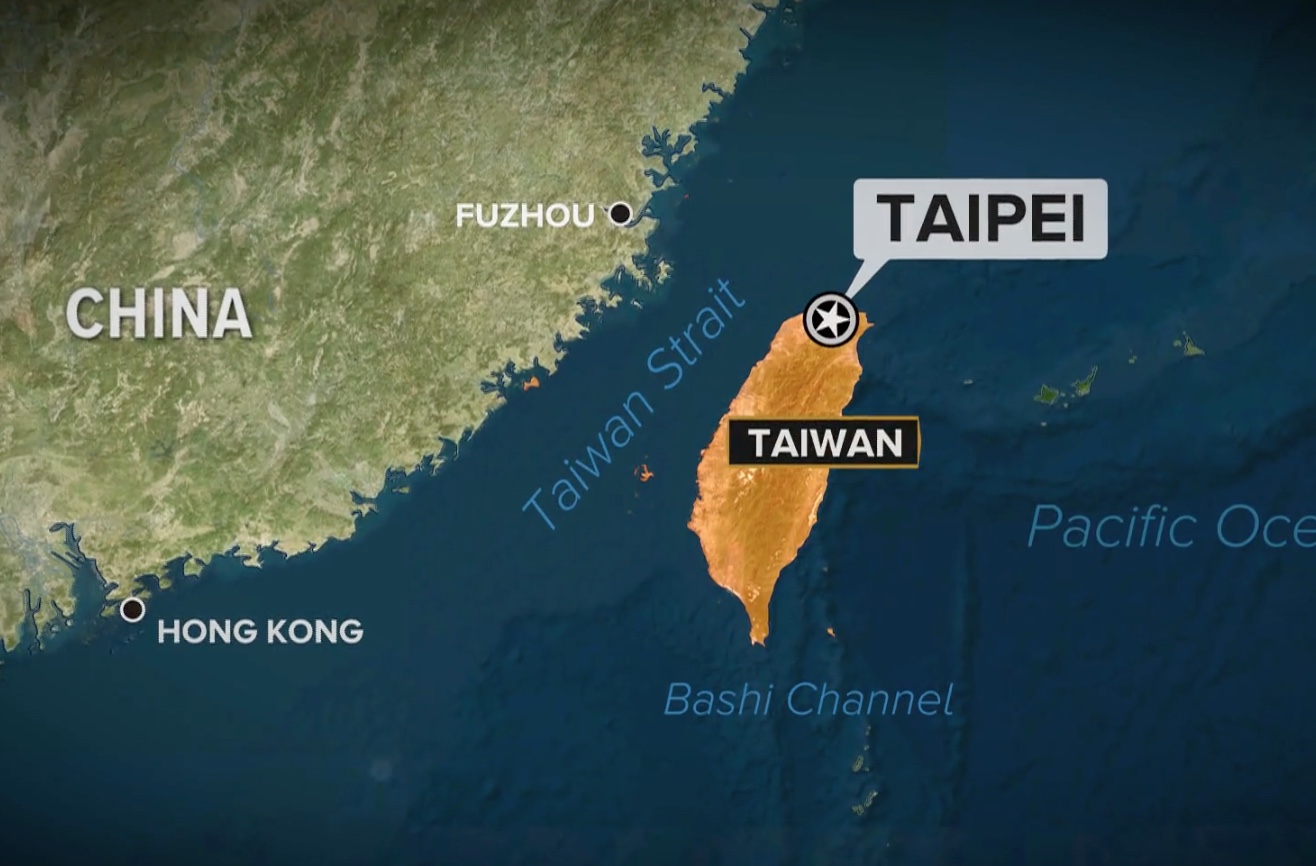According to Wikipedia, Lee
Teng-hui (15 January 1923 – 30 July 2020), sometimes called the "father
of Taiwan's democracy", was a politician of the Republic of China
(commonly known as Taiwan). He was the President of the Republic of
China and Chairman of the
Taiwan's Journey to Democracy
Taiwan's transition from authoritarian rule to a vibrant democracy is a remarkable story. Here's a brief overview:
The Authoritarian Era
- Kuomintang (KMT) Rule: Following the Chinese Civil War, the KMT, led by Chiang Kai-shek, retreated to Taiwan in 1949. They established a one-party authoritarian regime.
- Martial Law: To maintain control, the KMT imposed martial law in 1949, which lasted until 1987. This period was marked by political repression and limited civil liberties.
The Path to Democratization
- Economic Growth: Taiwan's rapid economic growth in the 1960s and 70s created a growing middle class, which demanded greater political participation.
- Liberalization Under Chiang Ching-kuo: Chiang Ching-kuo, Chiang Kai-shek's son, initiated a gradual process of political liberalization in the late 1970s. This included lifting martial law in 1987, allowing the formation of opposition parties, and holding free elections.
- Rise of the Democratic Progressive Party (DPP): The DPP, an opposition party advocating for Taiwanese independence, emerged as a strong political force.
- Direct Presidential Elections: In 1996, Taiwan held its first direct presidential election, marking a significant milestone in its democratization process.
Consolidation of Democracy
- DPP Victory: In 2000, the DPP won the presidential election, ending the KMT's decades-long rule.
- Continued Democratization: Taiwan has since held multiple free and fair elections, solidifying its position as a democratic state.
Key Factors in Taiwan's Democratization:
- Economic development: A growing middle class demanded political participation.
- Leadership changes: Chiang Ching-kuo's decision to liberalize the political system was crucial.
- Civil society activism: The emergence of a strong civil society played a vital role in pushing for democratic reforms.
- International support: The international community's support for democracy helped to strengthen Taiwan's democratic institutions.
Taiwan's democratic journey is an inspiring example of how a society can overcome authoritarianism and achieve a more just and equitable political system.
This article is prepared by an AI. For details and accuracy, please explore the interested topics over the internet.

沒有留言:
發佈留言